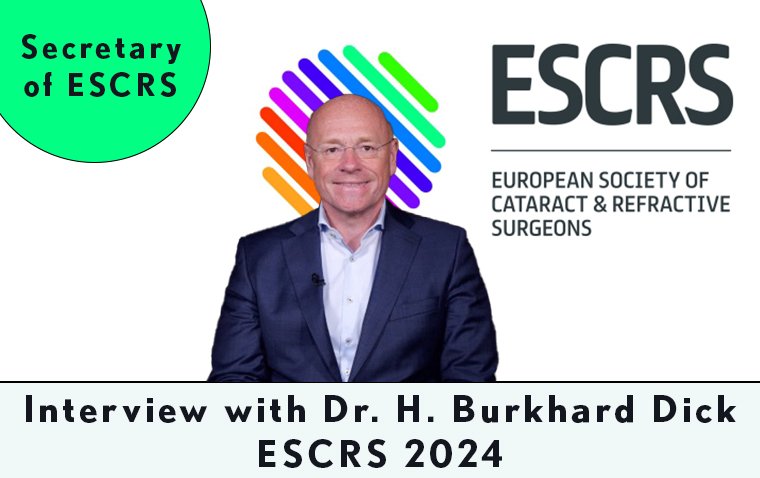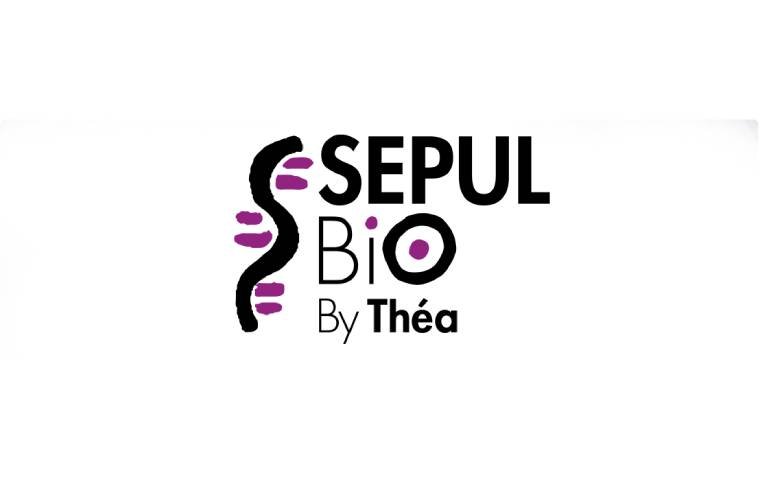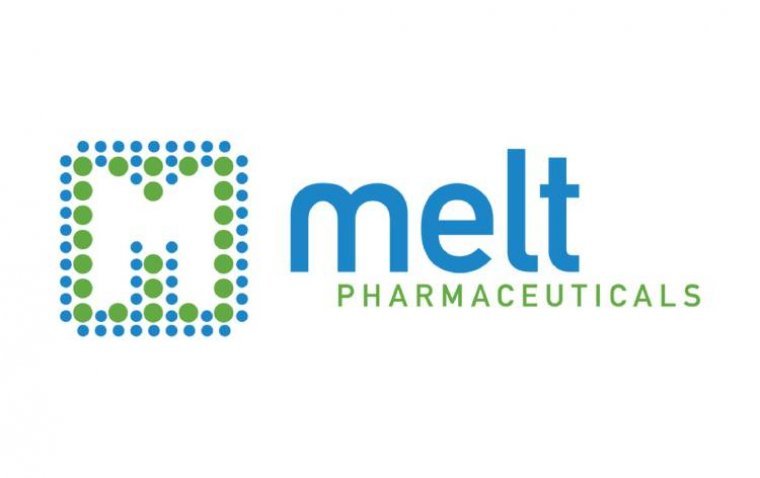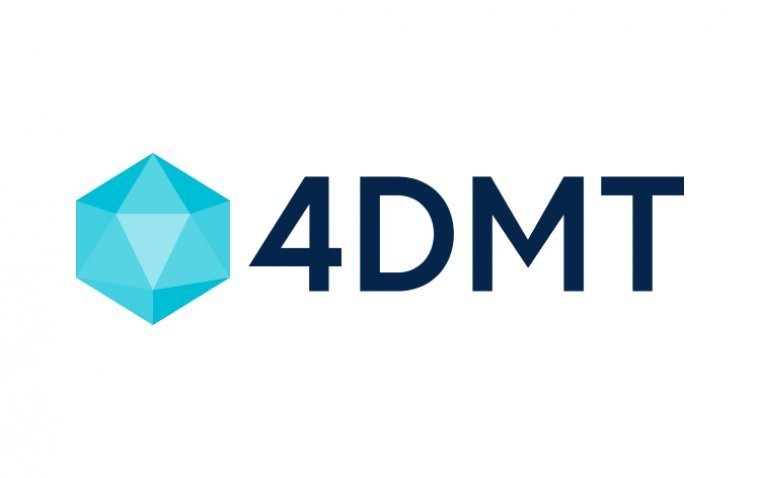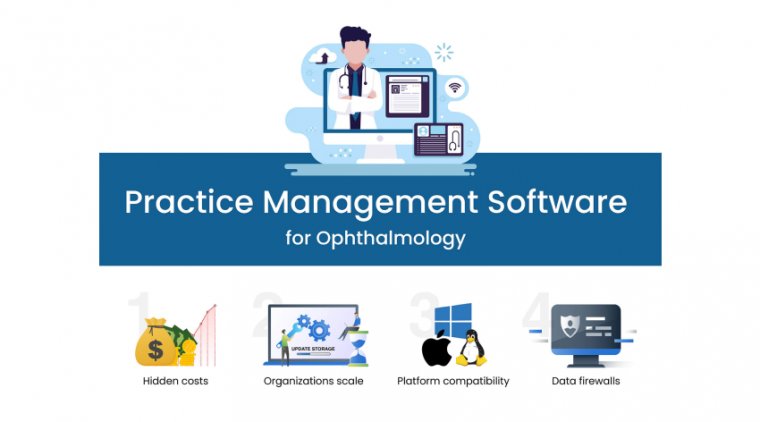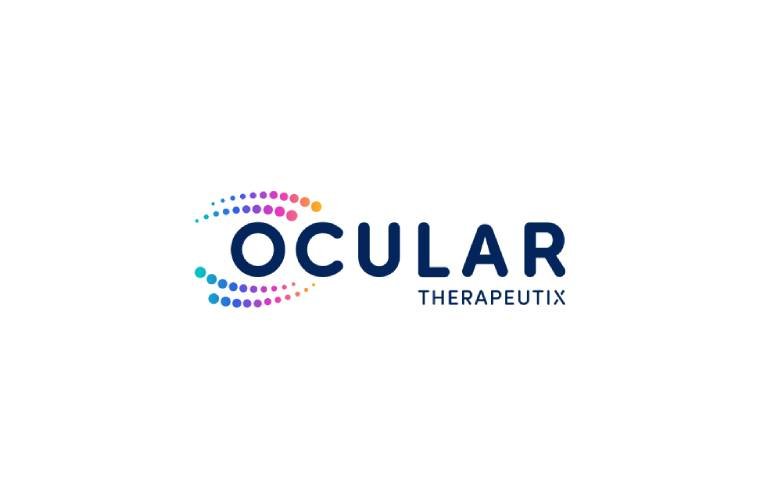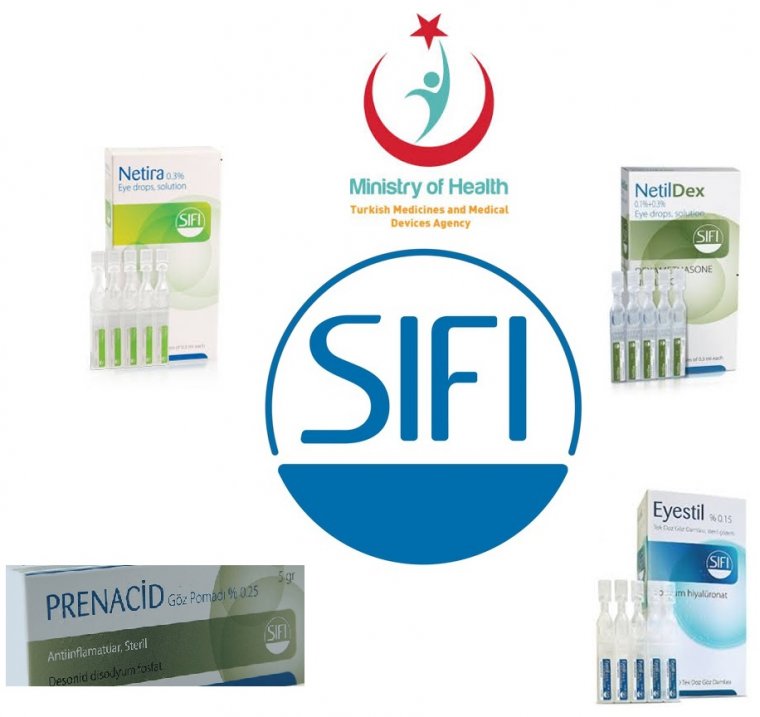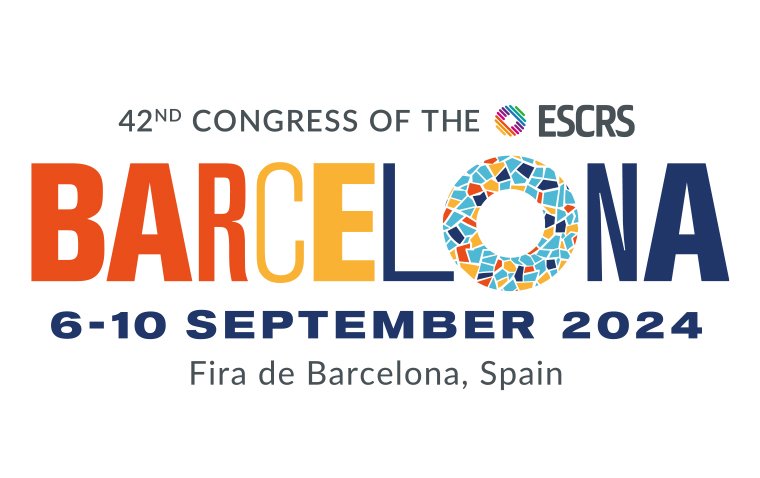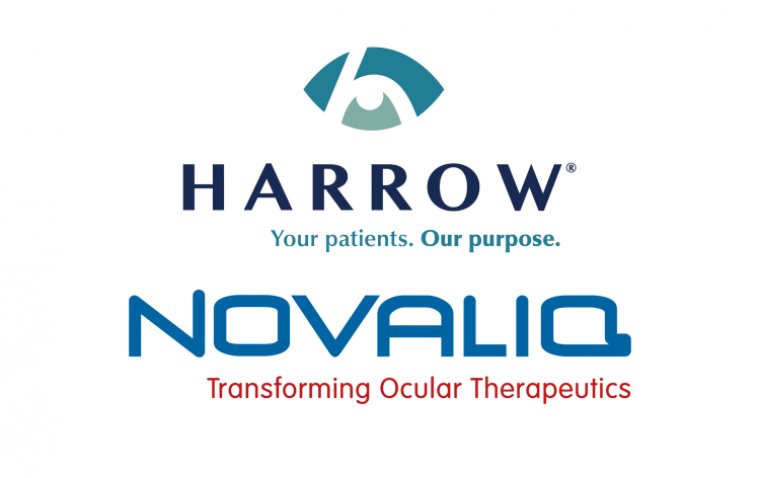
Harrow Secures US and Canadian Commercial Rights to Vevye from Novaliq
Harrow has recently announced a significant development by entering the prescription dry eye disease treatment market. The company has successfully struck a deal to acquire the commercial rights for Vevye (cyclosporine ophthalmic solution 0.1%) in both the United States and Canada from Novaliq.
As part of this acquisition agreement, Harrow will initiate the process with an initial payment of $8 million. Additionally, the deal includes provisions for one-time future commercial milestone payments and low-double-digit royalties.
In May, Novaliq achieved a significant milestone when Vevye, previously known as CyclASol, received approval from the FDA. Vevye has been specifically indicated for treating the signs and symptoms of dry eye disease. An outstanding feature of this product is that it stands as the first and only cyclosporine solution with demonstrated efficacy after just 4 weeks of treatment for dry eye disease.
Vevye is built on Novaliq's proprietary EyeSol water-free technology. Administered topically in a 10-microliter drop, it is labeled for twice-daily (BID) dosing. One remarkable aspect of this solution is its composition, free from water, anti-microbial preservatives, oils, or surfactants. This unique water-free characteristic eliminates concerns about pH and osmolarity usually associated with conventional formulations. With Harrow's acquisition of Vevye rights, a promising advancement in the treatment of dry eye disease is on the horizon.
“The acquisition of the US and Canadian commercial rights to VEVYE demonstrates our commitment to the highly underserved dry eye and ocular surface inflammation markets," Mark L. Baum, Chairman and Chief Executive Officer of Harrow, said in a company news release. "We are particularly excited about adding Vevye to our portfolio because of our strong belief that the US DED market is in need of a cyclosporine‑based product that is generally well tolerated, improves both the signs and symptoms of DED and, critically, reduces the time it takes for patients to experience relief from this all-too-common and, in many cases, debilitating disease. Vevye not only feels better in the eye, but it performs differently, and we believe it addresses the numerous unmet needs in the large and growing US DED market. We look forward to making Vevye available in the US later this year.”
The New Drug Application (NDA) for Vevye, also known as CyclASol, was supported by a comprehensive analysis of safety and efficacy data from multiple clinical studies involving over 1,000 patients with Dry Eye Disease (DED). The studies included the phase 2 dose finding study, the phase 2b/3 ESSENCE-1 study, the phase 3 ESSENCE-2 study, and an open-label extension study.
Results from these studies revealed that CyclASol demonstrated clinically meaningful and statistically significant improvements in the treatment of DED. Notably, effects on the ocular surface were observed, with a statistically significant reduction in total corneal fluorescein staining (tCFS) score in both studies at Days 15 and 29. Up to 71.6% of patients showed a clinically meaningful improvement of ≥ 3 grades in total corneal staining within 4 weeks of treatment, which was significantly higher compared to vehicle-treated patients in both studies.
Moreover, in both ESSENCE-1 and ESSENCE-2 studies, there was a statistically significant (P<0.05) higher percentage of patients who experienced increases of 10 mm from baseline in Schirmer's tear test score at Day 85 and Day 29, respectively. This confirmed the known effect of the active ingredient cyclosporine on tear production.
The most commonly observed adverse reaction was instillation site reactions, reported in 8.1% of patients across the pooled studies. Overall, the results from these studies provide robust evidence of CyclASol's efficacy and safety profile in treating Dry Eye Disease, making it a promising option for patients dealing with this condition.
“For patients with chronic and symptomatic dry eye disease, the tolerability profile of the medication can be critical for compliance and treatment success,” Paul Karpecki, OD, director, Cornea and External Disease, Kentucky Eye Institute, and associate professor, University of Pikeville, Kentucky College of Optometry, said in a company news release. “Most patients are not comfortable with drops in their eyes that cause burning or stinging. As a water-free drug product, Vevye does not require potentially irritating ingredients, such as preservatives, oils or surfactants, and has demonstrated in clinical trials a high patient satisfaction rate. Having a new treatment option with a favorable comfort and tolerability profile is a significant advancement for the dry eye patient, especially those who experience burning and stinging with topical eye medications.”
(1).jpg)
